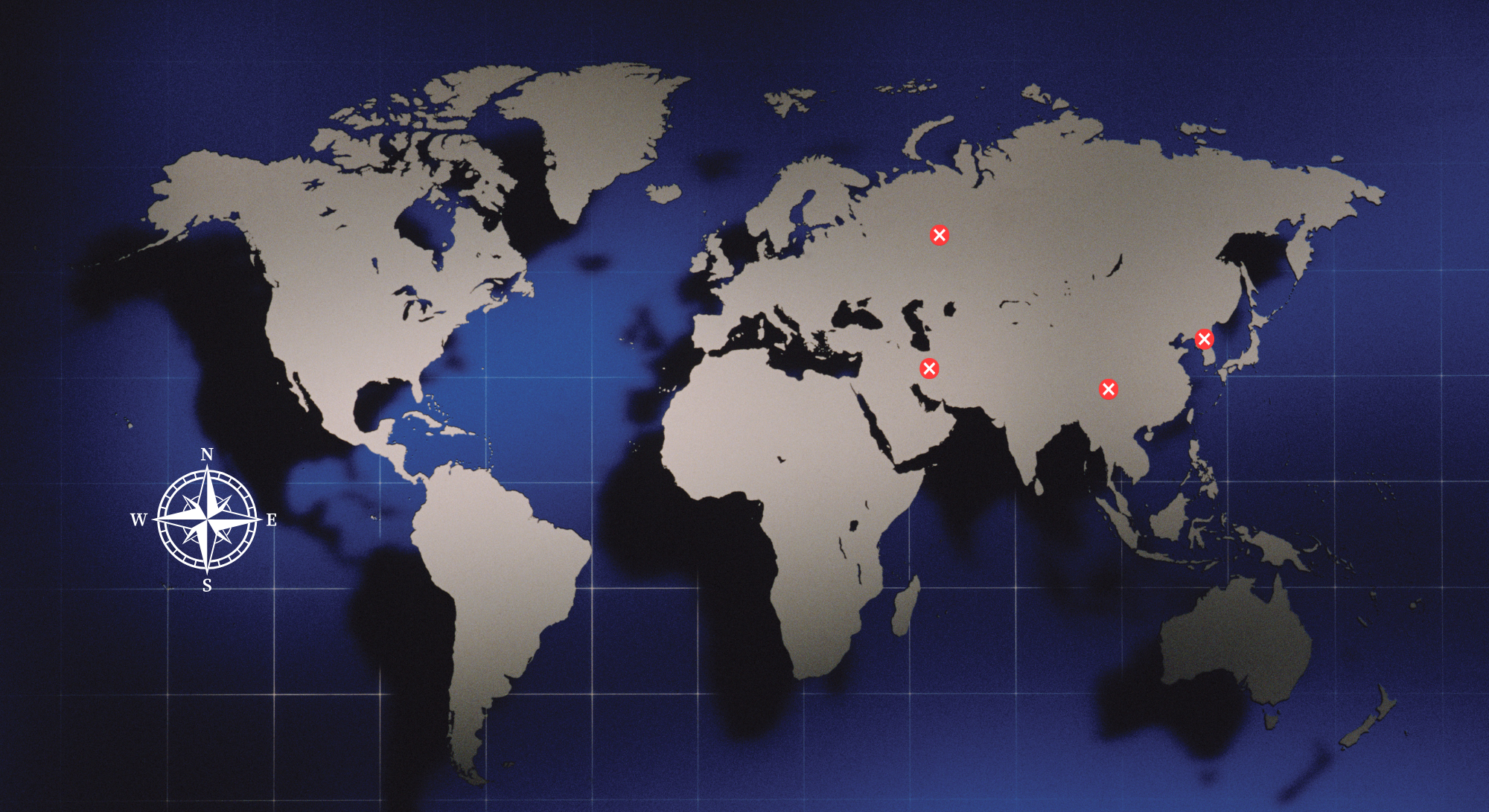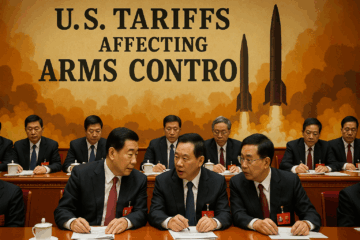Historically, the nature of Pakistan-US relations is transactional and often lopsided with divergent strategic interests on key issues. Since the beginning of bilateral ties in the 1950s, Pakistan and the United States have a checkered history, establishing no permanent basis for a relationship. After the US withdrawal from Afghanistan in 2021, the fragility of Pakistan-US relations were exposed once again, requiring both states to find avenues of cooperation beyond traditional security concerns.
The most significant avenue of cooperation between Pakistan and the US in recent years was counterterrorism. Despite diplomatic challenges, Pakistan facilitated American counterterrorism efforts time and again. The arrest and extradition of the Islamic State Khorasan (IS-K) terrorist, Sharifullah, the man behind the August 26, 2021, attack on the US Marines, highlights the significance of the US-Pakistan counterterrorism partnership. This cooperation, between CIA and Pakistan’s intelligence services over Sharifullah’s capture, who was accused of planning the Abbey Gate bombing at the Hamid Karzai International Airport in Kabul, serves as a reminder for the Trump administration that Pakistan remains central to the US counterterrorism efforts.
The provision of security assistance to the Trump administration could be Pakistan’s strategic move, but its long-term cooperation with the US depends largely on shared interests and mutual trust. In this regard, past experience demonstrates that security cooperation alone does not ensure a viable long-term partnership. For a sustainable relationship, security collaboration must be complemented by economic partnership, technological exchanges, and diplomatic engagement. Otherwise, history might repeat itself as a sporadic pattern of bilateral interaction.
While formal alliance and strategic partnership may not be on the table, Pakistan and the US could tap into potential areas of cooperation. This is especially true in key areas of mutual benefit like critical minerals and information technology (IT).
Sharifullah’s arrest serves as a reminder that Pakistan and the United States will remain intertwined in a need-based relationship when it comes to counterterrorism. As terrorism surges regionally, and as the Islamic State (IS) and its regional factions continue to function as the world’s deadliest terrorist groups, Pakistan will remain crucial to global counterterrorism efforts. However, intelligence sharing with the US could become a double-edged sword, exposing Pakistan to retaliatory attacks. Therefore, a robust, well-fashioned, and coordinated counterterrorism strategy must be pursued by both states to mitigate the menace of terrorist attacks.
Besides cooperation in counterterrorism, both Pakistan and the US are collaborating to serve economic interests of each state. Pakistan is a large export destination for the US. The US also invests in Pakistan’s key sectors like energy and technology. However, President Trump’s desire to balance trade could undermine Pakistan’s exports. Uncertainty regarding the US-Pakistan Green Alliance—the climate resilience initiative—highlight differences between the current administration and its predecessor.
To broaden the bandwidth of relations between Pakistan and the US beyond security issues, Pakistan needs to diversify its exports market away from textiles. Investment in Pakistan’s mining sector could provide the US with a chance to have access to critical minerals for its products, while reducing its dependency on China for supply of critical minerals. Given considerable untouched mineral resources, Pakistan could offer a stable supply of critical minerals.
Given Pakistan’s stable supply chain, investment in Pakistan’s mining sector could be cost effective for the US. However, the United States ignores such an opportunity, carrying out resource planning without considering Pakistan. As the US negotiates with Ukraine for critical mineral mining rights, it is wise to keep Pakistan in mind. The trade dispute with China makes such an approach a particularly good idea. Given the much lower labor cost in Pakistan than in Australia or Canada, Pakistan’s untapped mineral wealth could be a boon for the United States beyond rare.
Since World War II, Pakistan has enjoyed significant benefits from American educational opportunities like the Fulbright program. The US government, through its educational exchange programs, brings almost 800 Pakistanis to the United States every year in pursuit of knowledge and cultural exchange. This strengthens people-to-people ties and nurtures enduring Pakistan-US relations.
However, the suspension of US Agency for International Development (USAID) programs and the unilateral imposition of sanctions on Pakistan’s state-owned National Development Complex (NDC) undermine the stability of Pakistan-US relations. Policies that isolate key partners prove counterproductive, especially when global security challenges demand multilateral cooperation. To maintain stability in South Asia and beyond, the US must adopt policies that strengthen rather than weaken its relations with Pakistan.
Pakistan-US ties are shaped by a complex interplay of collaboration, alignment, and friction. To ensure stable relations, a comprehensive strategy that encompasses diplomatic, security, economic, and regional issues must be formulated. The future of Pakistan-US relations can be more fruitful if commercial and economic matters take precedence over security concerns.
Nawal Nawaz is a Research Assistant at Center for International Strategic Studies (CISS), Islamabad.
About the Author

Nawal Nawaz
Nawal Nawaz is a research assistant at the Center for International Strategic Studies (CISS), Islamabad




